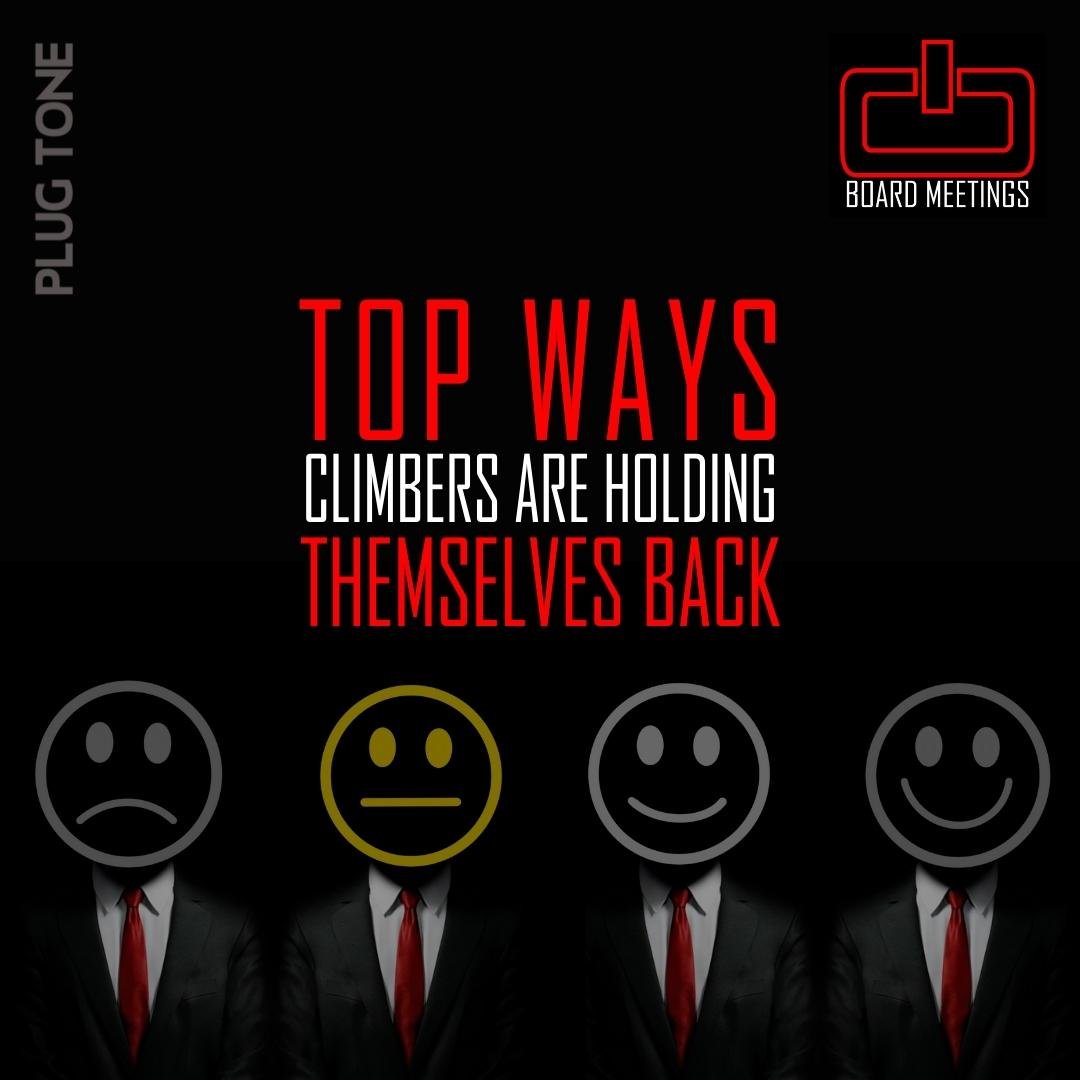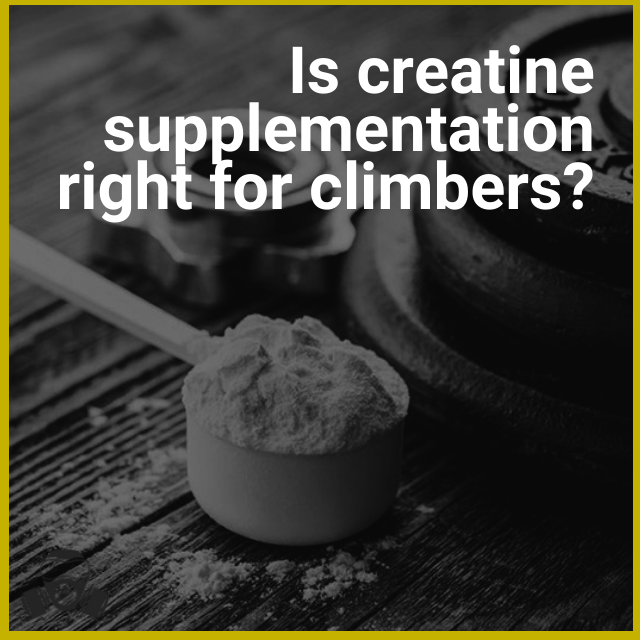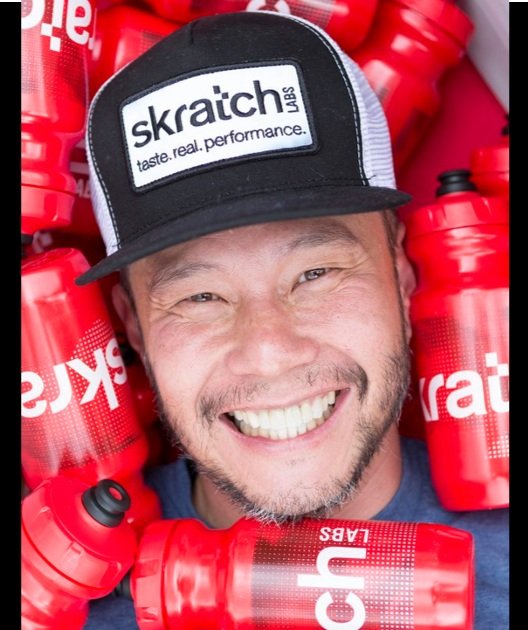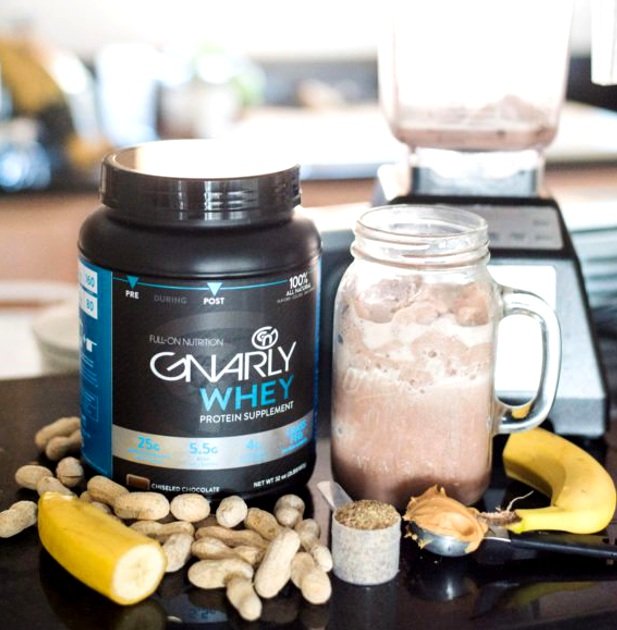Reader Questions: Nutrition.
One of our readers recently posed a question that I've meaning to touch on for quite some time now. I'm confronted with this question fairly often, and it's one that some of has have alot to learn from.
Anonymous said...
Thanks for these training plan posts, they are very interesting.
How important do you think nutrition is when trying to improve/achieve new climbing goals? Did you give Taylor any advice along those lines? How strictly do you monitor your own diet?
Anonymous, to answer your questions in short order.... Very important, I did not, and not nearly strict enough. I'm gonna go out on a limb and guess that you want more info. Good, because this is a subject that made a big difference in my climbing, and life in general.

First off, I'm going to keep this response pretty damned unscientific, because that's the approach that worked best for me. When I was younger I believed that what I was putting into my body didn't matter in the slightest. Back then, when I had the metabolism of a Ruby-throated Hummingbird, I was convinced that Vienna Sausage, that nasty, canned 'meat' product shaped into little tubes, was Power-in-a-Can. I ate a can nearly every day for years.
I know, disgusting.
Because I work in the construction industry, fast food was the easiest way to find lunch, and often dinner. What it comes down to is that I was eating fast food EVERY day. Often times I'd drive thru a McDonald's twice a day.
I know, disgusting.

When I quit climbing for several years, I gained weight fast. I had lost my hummingbird metabolism, but not my redneck appetite. Believing, like many do, that, "It'll never happen to me," I'd fallen into the trap of obese America. Honestly, if you lead a busy life, it's hard not to. I have no idea what my cholesterol was, or what my arteries looked like, and frankly, I don't want to know. Upon coming back to climbing, it was pretty obvious I was going to have to make some changes to my diet.
The initial changes were minor, but made major differences. First, I cut out most fast food. I still indulge occasionally, but nearly always make healthier choices. Fewer fries, mustard instead of mayo, grilled instead of breaded and fried. Simple choices.

The second revelation came when I realized that I had grown up "cleaning my plate". No matter how stuffed I was, I shoved more in, until it was finished. No bueno. Controlling my portions, and only eating to satisfaction allowed a few more pounds to roll off.
Easy, right? Yes, but it only got me part of the way there. I looked better, and shot through the numbers, but still didn't understand how much better I would feel with one other simple change. Fresh food. Fruits, veggies, fresh meats (not packed in a can, soaking in some scary gelatin!).
It's tough to be a single person, or even a busy couple, and have the time to cook fresh food, not to mention the time to grocery shop every few days. It's worth it. Experiment, try some new fruits, learn to cook without butter. It's fun, fulfilling, and ultimately, you'll feel so much better. I only recently learned that iceberg lettuce and ranch dressing wasn't the best salad on the planet, and I'm psyched that salad can be so delicious AND healthy. Food is amazing. Believe it.
Now... back to the questions. I do believe that nutrition is an incredibly important part of any athlete's training. However, I gave no advice to Taylor about his diet (which could use some work... How many Redbulls do you drink a day, Taylor? 5? 10?), partly because his diet isn't what is holding him back. Once his major weaknesses catch up to his strengths, and we have to look more closely to discover which avenues of training to pursue, diet and nutrition will most certainly become a concern.
And about me... funny you should ask. I've recently begun remodeling a tiny little house, and with this new task, my normal diet began to unravel. I'm working next door to my grandmother's house, and she still cooks the way she learned in the south. Everything is fried. The fridge is full of Coke. She buys those damned snack cakes I can't walk past. Thats why I don't buy them. Consequently, I've felt more sluggish, and just generally heavier. Time to refocus, and pack enough healthy snacks to make it through all day at work, and all night at the little house. Luckily I have a girlfriend who can't live without fresh fruit and veggies, or I'd likely slip back into my old ways out of sheer complacency.
The basic rules I try and eat by are these:
Start Right.
I used to always skip breakfast. Now I never do. Lately, it's a fruit smoothie made with yogurt, frozen strawberries, frozen blackberries, frozen blueberries, and a banana. Occasionally when I'm in a power/strength phase, I add a little protein powder. Quick and delicious.
Fuel.
Be sure you're getting enough quality fuel. If you aren't, you're athletic performance will suffer. Strength to weight ratio is important, no doubt, but without the right fuel, you'll crash.
Eat Often.
Instead of the 3 meals a day program I grew up on, I now snack throughout the day, leading up to a light dinner after training. I'm closer to 5 or 6 small meals now.
Experiment and Enjoy.
I don't force myself to eat things just because they're good for me. Food should make you smile. As easy as it is to always get what you know you like... try new things anyway. More often than not, I find an even healthier alternative that I like better.
Refuel, Recover, Rebuild.
I mostly go by "feel" when it comes to trying to eat right. The only exception is when it comes to post-workout eating. I'm not a stickler, and sometimes deviate when it means I get to hang out with friends after training, but I always try to jumpstart my recovery with chocolate milk or some liquid that contains a 4:1 carbs to protein ratio. I follow that with a light dinner that is low in fat, but high in protein, and contains good carbs. Fact is, I can tell the difference if I don't eat right after training or climbing, so I rarely follow a training session with heading to the bar for a beer.
Put simply, if you feel better, you'll perform better. Your body is a fine-tuned machine. Fuel it as such.



























Certified Nutrition Specialist Caitlin Holmes discusses body composition, which is often conflated with weight loss and can thus be a very polarizing topic.